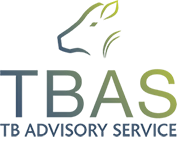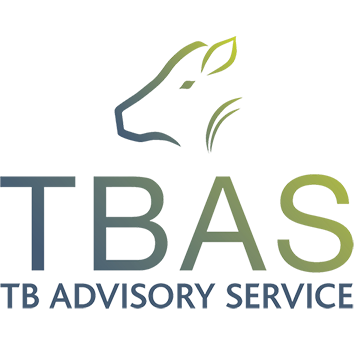After what could be described as a ‘difficult’ spring, it is great to see cattle out in the fields and the grass seems to be growing well. On many farms, however, cattle are still fed some sort of concentrate
at grass – and many suckler farmers will be supplementing their calves with creep feed. Badgers enjoy all types of cattle feed, so there is an increased likelihood of badger-cattle interaction when supplementary
feeds are given at pasture. Infected badgers can excrete M. bovis in sputum, urine and faeces, as well as in discharge from an infected wound, which can then be picked up by any cattle that come into contact with it. If you do feed cattle at pasture, the TB Advisory Service recommends that you:
- Only feed the amount needed each day, so there is no feed left out for badgers overnight
- Raise feed troughs – ideally to at least 1m high and have sheer sides or rollers to make it difficult for badgers to access them
- Clean feed troughs regularlry to remove feed residue
- Disinfect feed troughs regularly with approved disinfectant such as FAM30
- Avoid feeding cattle from ground or low level troughs as these are easily accessible by badgers and have the potential to harbour infection.

